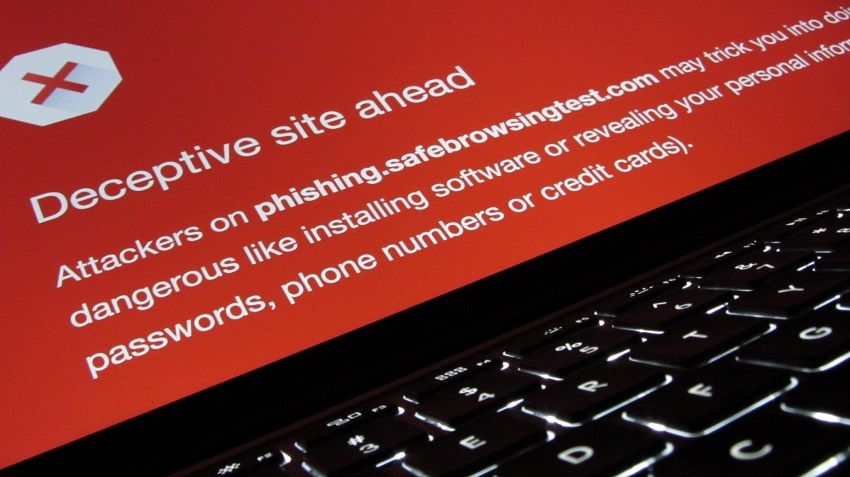Exclusive: How the Cybercrime Underground Really Works
By Singtel
Trustwave’s VP of SpiderLabs Security Research will share key insights into cybersecurity and cyber threats on 2 October at GovWare 2019.

On 2 October, learn exclusively at GovWare 2019 about how the dark web really works. Named in SC Media’s elite list of threat seekers, Mador is instrumental in Trustwave’s research and insights into cybersecurity, an increasingly vital subject of national importance.
With more than 20 years of experience in security research and development under his belt, Mador manages Trustwave’s global security research team, which covers topics like vulnerability assessment and scanning, malware reverse engineering, and spam and phishing research.
The research shares four crucial findings: the structure of the criminal cyber underground; how cryptocurrencies are helping criminals; the extensive threats posed by the practice of carding; and insights into attacks specifically on Singaporean institutions.
1. The structure of the cyber underground
Did you know that members of the dark web are governed by clear rules of conduct? They are not allowed to steal online accounts or cheat buyers, for instance. If these rules are not adhered to, they can be expelled from the forums where illegal business is conducted. Mador’s research has revealed how structured and regulated the dark web is – an unexpected finding given how much illegal activity is carried out within it.
2. How cyptocurrency is helping criminals
It goes without saying that anonymity is crucial for cyber criminals, and many of them are turning to cryptocurrency platforms for monetary transactions. Mador found that ransomware criminals, who infect a system with a virus and ask for a sum of money to release it, prefer carrying out their transactions using cryptocurrency.
3. How carding threatens online shoppers
Shopping online can be a dangerous deal. In a phenomenon known as carding, multiple cybercrime groups skim credit cards when people pay for online purchases.
4. Singapore’s cyber threats
Online scams have been on the rise in Singapore in recent years. According to The Straits Times, more than six out of ten scams in Singapore in 2018 were online scams, including false e-commerce transactions, fake loans and Internet love scams.
In the area of phishing attacks, Mador’s research revealed several websites that posed as the websites of large global companies. These were often hosted on commercial sites in Singapore or on a Singapore government site, a sign of how advanced these phishing facades can be.
What does this mean for Singapore?
What can governments do about cybercrime? Trustwave, a Singtel company, is a named global leader in managed security services, helping businesses to fight cybercrime, protect data and reduce security risk. It offers a portfolio of products and services for organisations to protect themselves against cyber threats.
Find out more about the Dark web, Cybercrime and Cyberwarfare from Ziv Mador on 2 October, 4:00 PM to 4:40 PM, at MR300 - 301, Level 3, Suntec Singapore. Do also drop by Singtel’s GovWare Booth (#H08) for more information on what Trustwave is doing to fight cybercrime.
GovWare is the region’s most established premier conference and showcase for cybersecurity, and is the cornerstone event of Singapore International Cyber Week. GovWare 2019 will be taking place from 1 – 3 October at Suntec Singapore Convention & Exhibition Centre. Register for the event here.
Sponsored by
